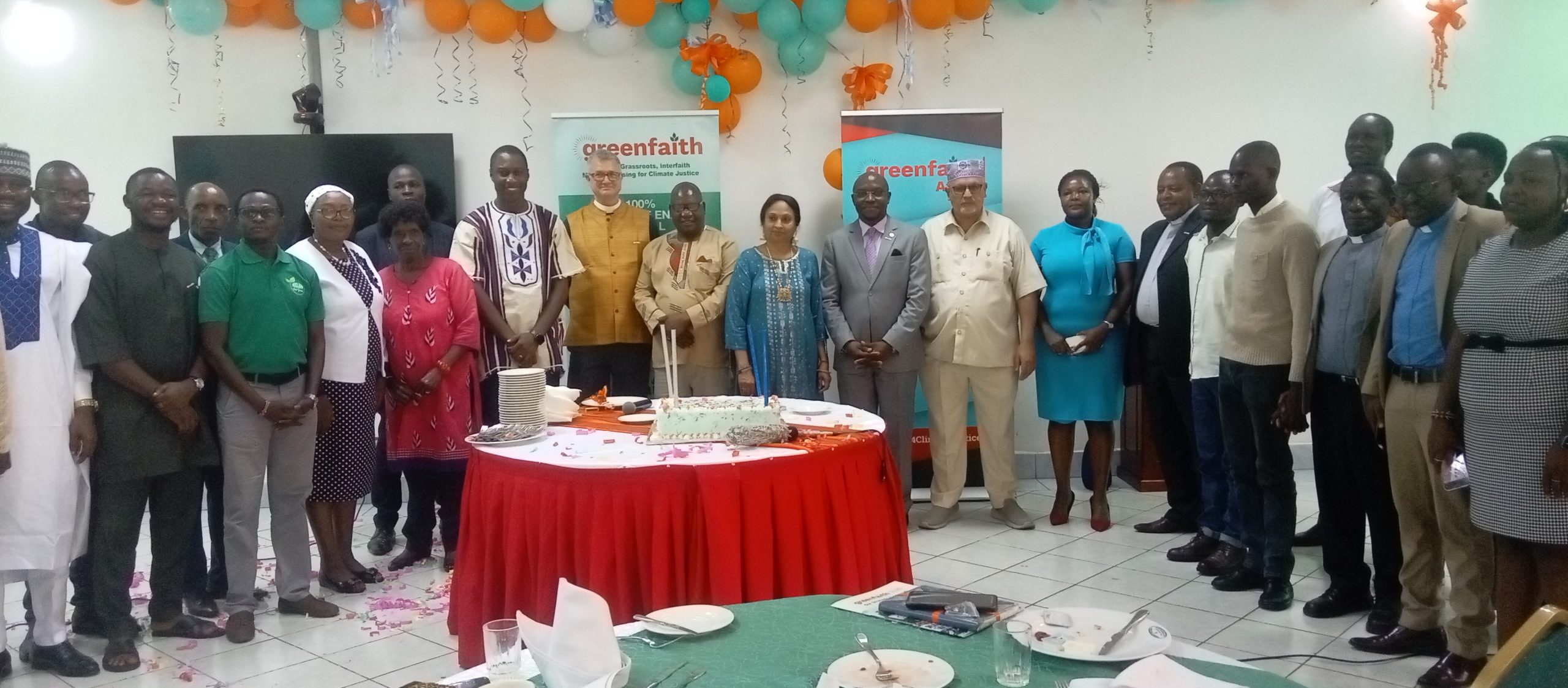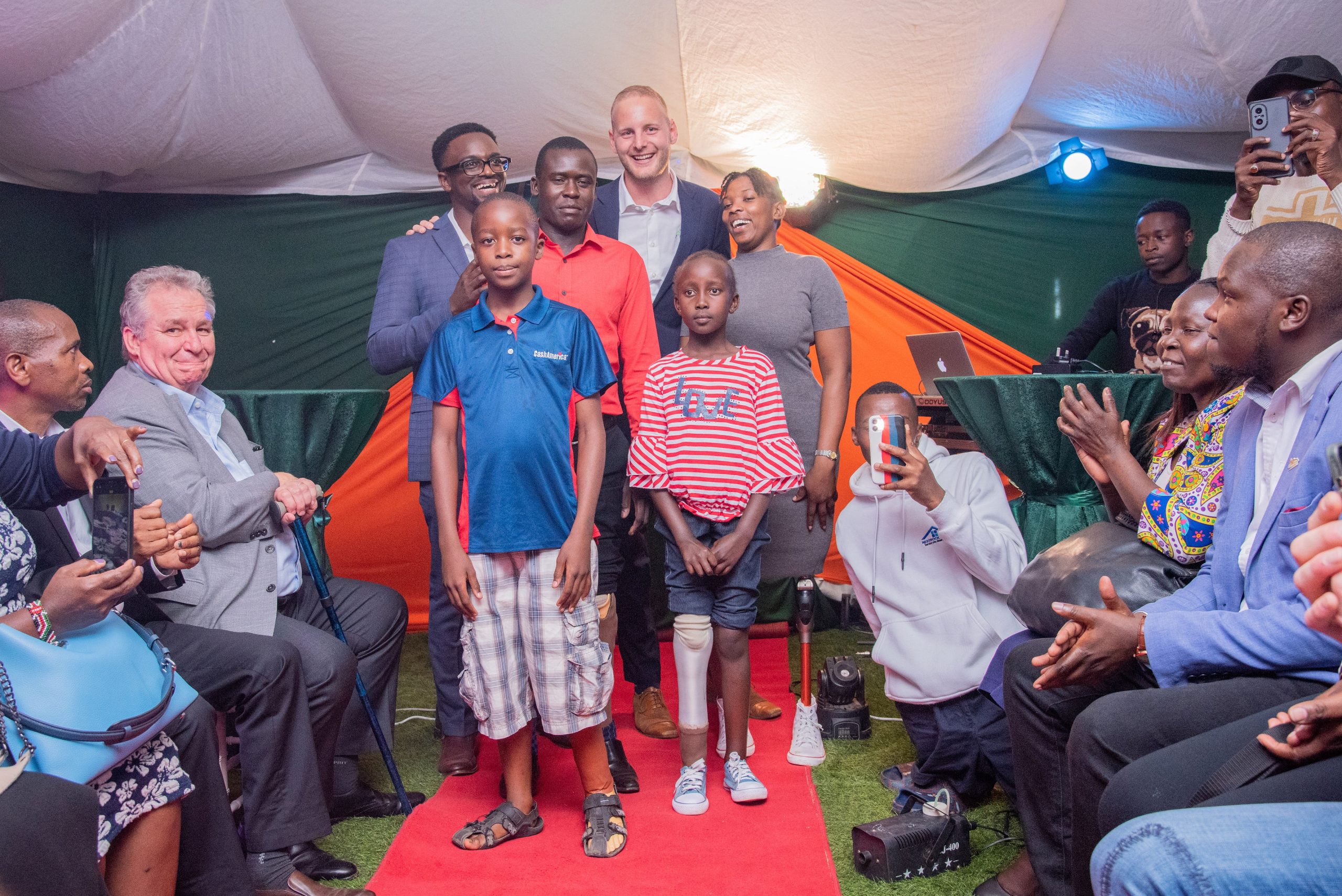By Eddah Waithaka
Christian Aid Kenya, in partnership with CRAWN Trust and the Side-by-Side Faith Movement for Gender Justice, is taking a groundbreaking step towards promoting gender equality within faith communities by spearheading a pivotal conference aimed at advancing gender justice through faith-based advocacy.
With a strategic focus on raising awareness, advocating for policy reform, enhancing capacity-building efforts and fostering collaboration, this initiative seeks to empower faith-based institutions to embrace the principles of gender equality, including the imperative of implementing the “no more than two-thirds” gender principle.
In light of these discussions, much attention was given to the “no more than two-thirds” gender principle, which aims to ensure equitable representation in decision-making bodies.
Also Read:https://switchmedianews.wordpress.com/2024/08/01/rockey-africa-limited-partners-with-jewell-souls-foundation-to-transform-the-lives-of-orphans/
Participants agreed on the urgent need for government leaders and agencies to fully implement this principle as a fundamental step towards achieving gender equality. By promoting a more inclusive political landscape, the conference emphasised that diverse perspectives in leadership roles not only strengthen democratic processes, but also lead to more effective governance.
Faith-based organisations and civil society leaders pledged to intensify their advocacy efforts and called for immediate action in line with constitutional and legislative frameworks to promote women’s rights and amplify their voices in all spheres of society.
In addition, the collaborators further implored government leaders and organs, including His Excellency the President, the leaders of the political parties in Parliament, the leaders of the majority and minority in both Houses of Parliament, legislators and key constitutional organs, to take responsibility for the prompt implementation of the recommendations contained in the report prepared by the MSWG (Multi Sectoral Working Group) on the “No More Than Two-Thirds Gender Principle”.
By emphasizing the critical importance of implementing these recommendations, the joint effort underscores the urgency of implementing the structural reforms necessary to achieve gender equality and ensure equitable representation at the highest levels of decision-making and governance.






